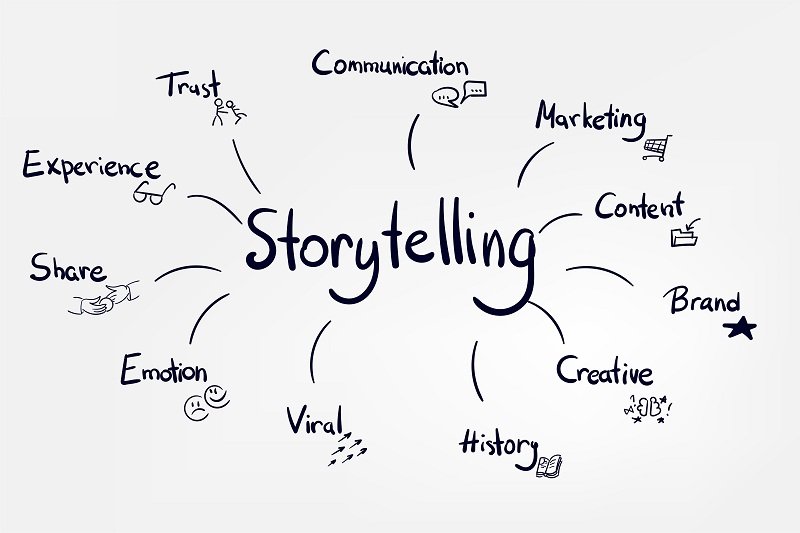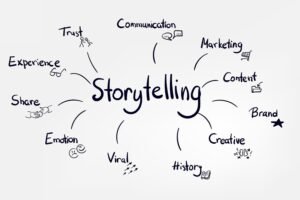Storytelling is a powerful tool in your marketing toolkit. Telling a story helps people understand why a topic matters and how it relates to them, Plus, storytelling makes a message more memorable. If you have incorporated storytelling into your marketing strategy, that’s a big step in the right direction. However, there may be something missing from your online storytelling strategy: data.
Why does data matter for storytelling?
Put simply, data can help you demonstrate authority, relevance, and differentiation. On its own, data is just information. Storytelling adds the answer to your audience’s question of “Why does this matter to me?” Here are a few reasons that data and storytelling are the perfect pair.
Data adds credibility and credence.
People are more likely to believe information that includes specific data points. This is because the data makes the information seem more researched and trustworthy.
The theory that data adds credibility was tested by two Cornell researchers. They found that the inclusion of trivial graphs increased the belief in a medication’s efficacy. The medication was made up and the graph did not even have any relevant information on it. However, 97 percent of participants who saw the text and the graph said they believed the medication worked. Just 68 percent of those who saw only the text said they believed in the drug’s efficacy. Simply including a graph bumped that percentage by nearly 150 percent!
People are more likely to find your message and brand to be trustworthy if you include data.
Data can differentiate your message.
Today’s consumers deal with competing voices every time they go online. You can help yours stand out by featuring data that presents information in a new way. Try looking at an old story from a new angle. Often, new research has something interesting to add to a message you have used before.
Combining storytelling and data makes information more memorable.
Let’s face it: on its own, data can be dry and uninteresting. It can be difficult to recall exact numbers and statistics when you have no way to anchor them or put them in context. That’s where storytelling comes in. Storytelling on its own makes information more memorable. Add in some data as well and you have information that will stay with your audience. This is especially true if your storytelling plus data can answer their question of “Why does this matter to me?”
Storytelling gives data context. Of course, be sure to present data in a way that is easy for your audience to understand. You are an expert in your field, so you are probably familiar with the way data is shown in studies and research. Your audience probably is not very familiar with it, so present the data in a straightforward, simple manner. Make it easy for them to understand what it means and why it matters.
Adding data to your online storytelling strategy can give it extra credibility, differentiation, and memorability. Try dipping your toes in the water of adding data to your storytelling—you’ll probably like it so much that you’ll end up diving right on in! For more information about how to level-up your online marketing efforts, we welcome you to contact us today at AudiologyPlus.




